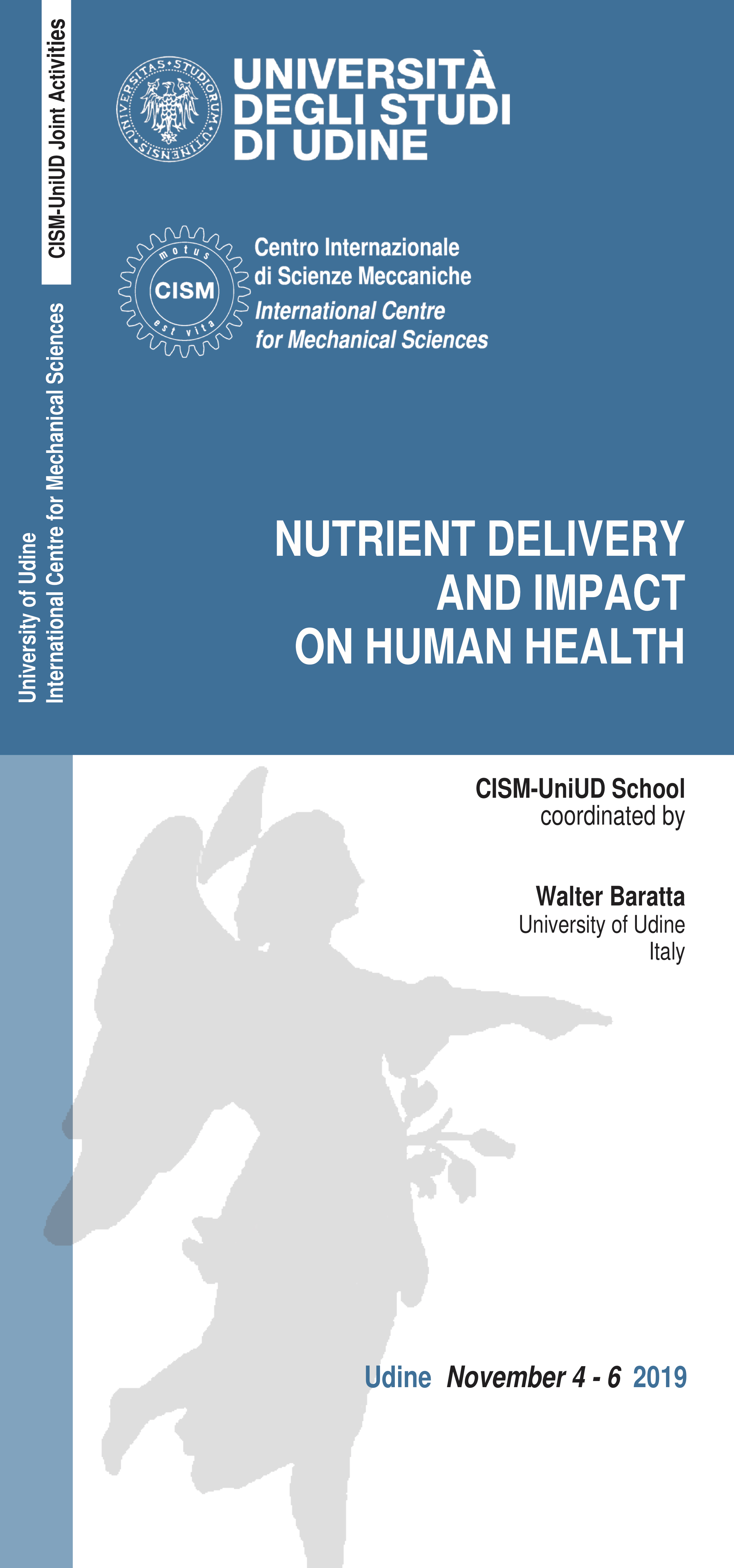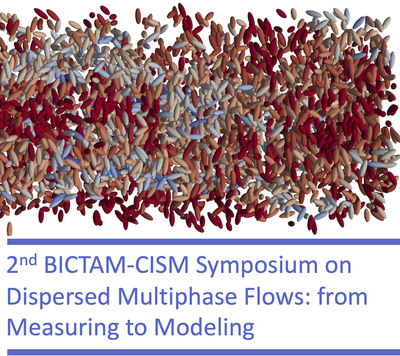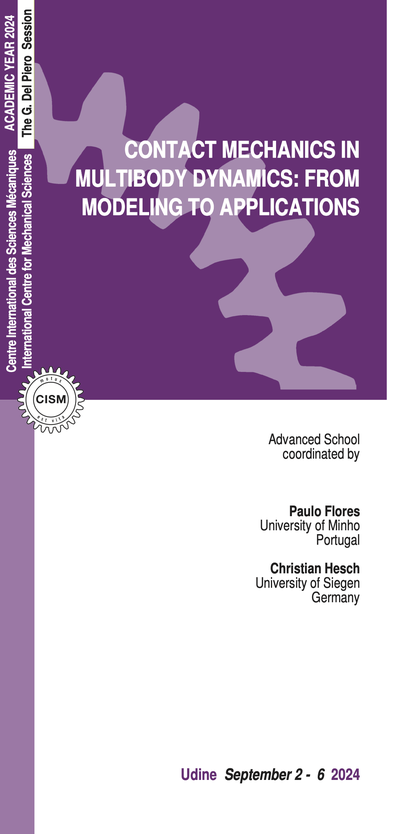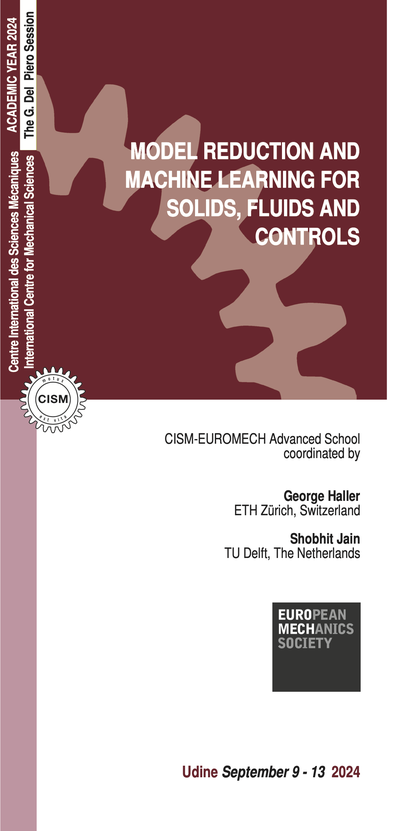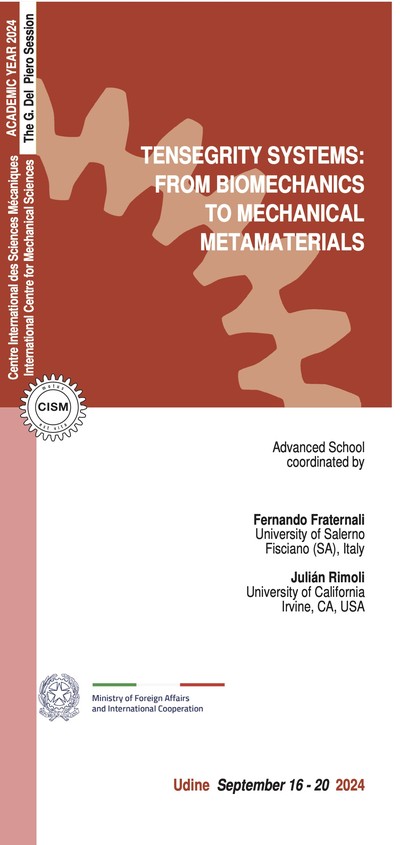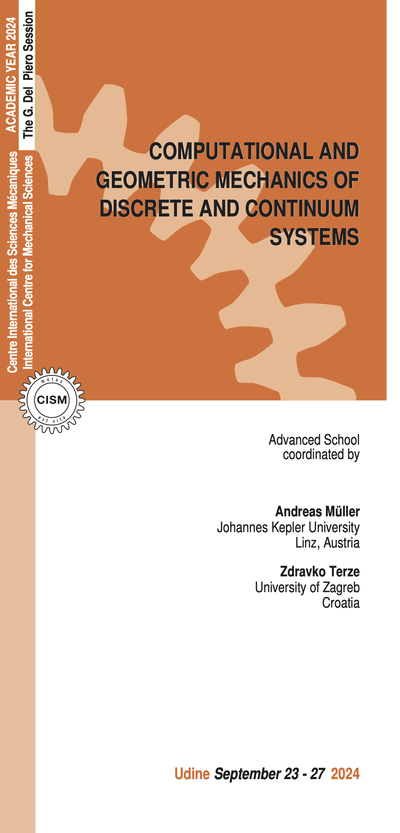The healthy food market has increased tremendously during the last years. However, a deep knowledge of diet-health relationship and main hurdles hampering the desired effects on human health have to be further elucidated to develop innovative solutions for personalized nutrition advice and/or support. That will help consumers to achieve their optimal health and well-being and to adopt long-term healthy and sustainable diets.
The course is aimed at PhD students, post-docs and early career researchers in the food and health areas. The attendants should have basic knowledge of food science and technology and nutrition.
The course provides the essential skills for understanding the relationship between food and health and nutrition as well as updated knowledge on the design of food systems for efficient nutrient delivery and gut microbiota modulation. The course brings together experts, internationally recognized for their contribution to the advance in knowledge in the fields of food epidemiology, pathophysiology and nutrition, food technology and food microbiology.
ORGANIZING COMMITTEE
Walter BARATTA (Udine University, Department of Agricultural, Food, Environmental and Animal Sciences - DI4A)
Monica ANESE (Udine University, Department of Agricultural, Food, Environmental and Animal Sciences - DI4A)
Giuseppe DAMANTE (Udine University, Department of Medical Area - DAME)
Lucilla IACUMIN (Udine University, Department of Agricultural, Food, Environmental and Animal Sciences - DI4A)
Evolution and impact of food structure research
The lecture will start with a general overview about the role of food engineering (FE) and food materials science (FMS) in the last 50 years. The role of food structure in product performance and value (i.e., structure-property relationships) will be reviewed, as well as some instrumentation and techniques. Food engineers applied concepts of polymer physics to the stability of metastable food matrices plasticized by water. Simultaneously, the field expanded to the study of food rheology and food microstructure as related to processing and products, thus, the area of FMS was established as a subdiscipline within FE. Although FE is associated with the industrial processing of foods, most underlying phenomena associated with FE also take place in the kitchen during meal preparation. The lecture will address areas that may broaden the vision of FE by interfacing with cooking and gastronomy. Finally, the concepts of food matrix and food microstructure, introduced by food technologists and food engineers around 50 years ago and determinant in several properties (texture, flavor release, digestion, etc.) and during processing (dehydration, extraction, structuring operations) will be covered. Nutritionists have only recently realized that the behavior of several nutrients during digestion and absorption in the body (e.g., bioaccessibility, bioavailability and bioactivity) is quite different if they are tested alone (as single nutrients) or embedded in a matrix, which is the case of most of the foods we eat.
Dietary modulation of the gut microbiota to improve and sustain health
The intestinal microbiota is increasingly understood to have pivotal roles in human health and disease. This lecture will cover highlights on our current understanding of intestinal microbiology, ranging from emerging methods to investigate the gut microbiome to efforts focused on transitioning from correlative to causative associations. The lecture will next explore how the gut microbiota can be directly targeted to improve and maintain health using dietary approaches. Specifically, these approaches encompass the ingestion of certain nutrients (e.g. fiber and prebiotics) and living microorganisms as probiotics. The two approaches have distinct benefits and limitations which should be considered in light of individual health goals, background diet, and indigenous microbiome composition. Such factors along with facets specific to prebiotic and probiotic use will be discussed using type 2 resistant starch and probiotic Lactobacillus as examples. Ultimately, integration of these dietary-based, gut microbiome-modulating interventions will require improvements to our understanding of their molecular mechanisms of action and advancements in personalized nutrition.
Future foods: how modern science is transforming how we eat
We are in the midst of an unprecedented era of rapid scientific and technological advances that are transforming the way our foods are produced and consumed. Functional foods are being designed to combat chronic diseases such as obesity, cancer, diabetes, stroke, and heart disease. These foods are being fortified with nutraceuticals and probiotics to improve our mood, performance, and health. The complex behavior of foods inside our guts is being controlled to increase our health and wellbeing. Precision nutrition is being used to tailor diets to each individual’s particular needs based on their unique genetic profiles, microbiomes, and metabolisms. Gene editing, nanotechnology, and artificial intelligence are being used to address challenges such as feeding the growing global population, reducing greenhouse gas emissions, and improving sustainability. However, the application of these controversial technologies is facing a backlash from many consumers concerned about the potential risks posed to human and environmental health. This presentation gives an overview of some of the exciting developments going on in modern food science.
Some of the questions addressed are: What is food architecture? Will we all have 3-D food printers in our homes? Should nanotechnology and gene editing be used to enhance our foods? Are these new technologies safe? Would you eat bug-foods if it led to a more sustainable food supply? Should vegetarians eat themselves? Can nutraceuticals or probiotics stop cancer? What is the molecular basis of a tasty sustainable burger?
Dietary habits and risk of cancer
The lecture will cover the relationship between food and cancer prevention, reviewing the main issues one has to deal with when studying such relation. In the first part the methodologies designed for nutritional epidemiology will be presented, including dietary assessment, study design and statistical methods. Further, the judgment and grading criteria applied to epidemiological evidences will be discussed. The second part will introduce dietary recommendations for cancer prevention and discuss their validity; evidences related to other major chronic diseases prevention (such as prevention of cardiovascular diseases) will also be covered with a deeper focus on conflicting recommendations related to different health conditions.
The role of micronutrients and supplements in human nutrition and pathophysiology
The lecture will deal with the issue of how do we study the effects of food and food items, with particular regard to the current obstacles that we are facing when we study the effects of diets and its components. The available information on the use of supplements and regulatory framework analyses will be provided, as well as some ways followed in the area of pharma-nutrition. An overview of the most recent findings of the relationship between olive oil and health will be reported, including some bibliometric analyses that show how fast the field of "olive components and health" is indeed moving.
The Early Bird registration fee, valid until October the 4th, 2019, is 300,00 Euro + VAT taxes*, where applicable (bank charges are not included).
Single day registration (the relevant request should be specified in the note field of the on-line registration):
• Monday, 4th November - 100,00 Euro + VAT taxes*, where applicable (bank charges are not included).
• Tuesday, 5th November - 150,00 Euro + VAT taxes*, where applicable (bank charges are not included).
• Wednesday, 6th November - 100,00 Euro + VAT taxes*, where applicable (bank charges are not included).
The registration fee includes a complimentary bag, two fixed menu buffet lunches, coffee breaks, downloadable lecture notes and wi-fi internet access.
Applications should be made on-line through our web site: http://www.cism.it/courses/E1902/.
A message of confirmation will be sent to accepted participants.
Information about travel and accommodation is available on our web site, or can be mailed upon request.
A limited number of rooms is available at our Guest House at the rate of Euro 30,00 per person/night.
Applicants may cancel their course registration and receive a full refund by notifying CISM Secretariat in writing (by email) no later than two weeks prior to the start of the course.
If cancellation occurs less than two weeks prior to the start of the course, a Euro 50,00 handling fee will be charged. Incorrect payments are subject to Euro 50,00 handling fee.
* Italian VAT is 22%
